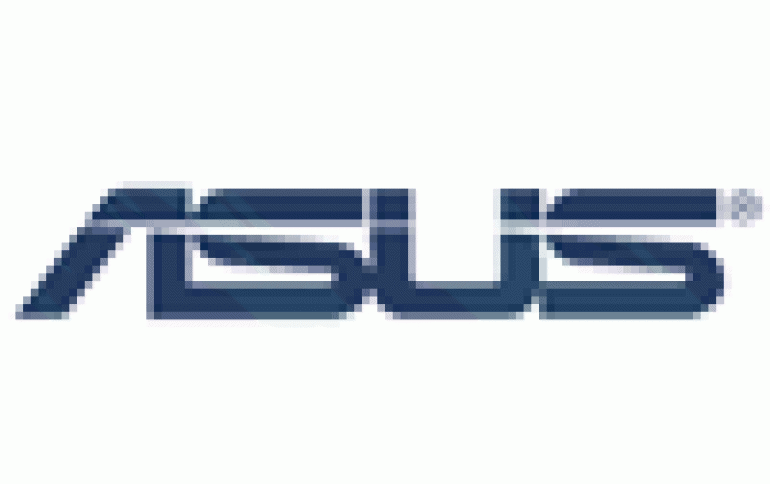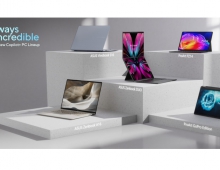
ASUS Selects UPEK Fingerprint Authentication for New Enterprise Notebook
Adoption by ASUS of UPEK fingerprint authentication technology confirms a growing enterprise need to protect access to notebook PCs and corporate networks in light of recent device losses and thefts that have led to large-scale privacy breaches.
UPEK today announced that ASUSTeK (ASUS) launched two security-focused enterprise notebook computers featuring UPEK's TouchStrip(TM) fingerprint authentication solution.
The R1 tablet and V1 notebook PCs from ASUS target enterprises by highlighting security for mobile professionals. These new products incorporate comprehensive hardware and software security features headlined by UPEK's fingerprint authentication solution, which enables network security for enterprises while offering mobile users a convenient means of accessing data.
UPEK's Protector Suite(TM) QL software offers users with a rich biometric experience providing ASUS users with an always-on user experience and features: intuitive, self-guided enrollment, fingerprint-enabled Windows sign-on, an integrated password bank, finger-activated application launching and file encryption for protecting sensitive information.
In addition, ASUS platforms with the UPEK fingerprint authentication solution feature UPEK's exclusive TBX Pre-Boot Authentication module to provide strict and secure authentication during system power-on and before the operating system starts, reducing exposure to data theft.
The R1 tablet and V1 notebook also include the Trusted Platform Module (TPM), which combined with the UPEK fingerprint authentication solution provides true hardware-based security to counter password and encryption key hacking attempts.
"Security is critical for our enterprise notebook customers," said David Kuo, Manager of ASUS Notebook Business. "UPEK's fingerprint authentication solution is an ideal feature that works seamlessly with the Trusted Platform Module to offer reliable data protection even on the go."
"We're proud that ASUS has chosen our TouchStrip fingerprint authentication solution to protect its notebooks," stated Greg Goelz, VP of marketing, UPEK, Inc. "As one of the world's largest notebook manufacturers, ASUS's decision to integrate our technology is another major indicator of the market need for security in notebook computing."
The R1 tablet and V1 notebook PCs from ASUS target enterprises by highlighting security for mobile professionals. These new products incorporate comprehensive hardware and software security features headlined by UPEK's fingerprint authentication solution, which enables network security for enterprises while offering mobile users a convenient means of accessing data.
UPEK's Protector Suite(TM) QL software offers users with a rich biometric experience providing ASUS users with an always-on user experience and features: intuitive, self-guided enrollment, fingerprint-enabled Windows sign-on, an integrated password bank, finger-activated application launching and file encryption for protecting sensitive information.
In addition, ASUS platforms with the UPEK fingerprint authentication solution feature UPEK's exclusive TBX Pre-Boot Authentication module to provide strict and secure authentication during system power-on and before the operating system starts, reducing exposure to data theft.
The R1 tablet and V1 notebook also include the Trusted Platform Module (TPM), which combined with the UPEK fingerprint authentication solution provides true hardware-based security to counter password and encryption key hacking attempts.
"Security is critical for our enterprise notebook customers," said David Kuo, Manager of ASUS Notebook Business. "UPEK's fingerprint authentication solution is an ideal feature that works seamlessly with the Trusted Platform Module to offer reliable data protection even on the go."
"We're proud that ASUS has chosen our TouchStrip fingerprint authentication solution to protect its notebooks," stated Greg Goelz, VP of marketing, UPEK, Inc. "As one of the world's largest notebook manufacturers, ASUS's decision to integrate our technology is another major indicator of the market need for security in notebook computing."





















